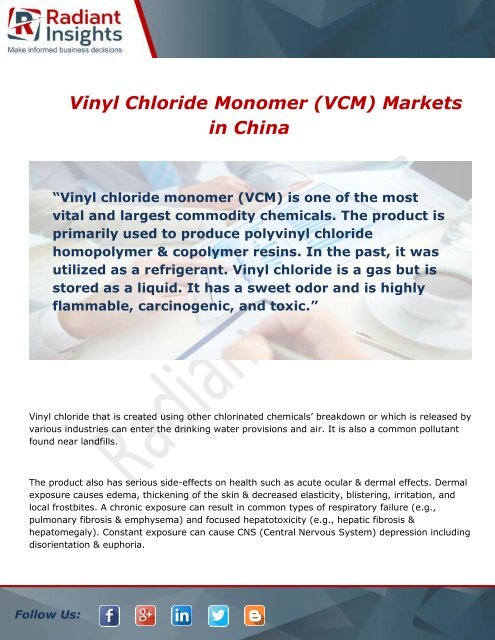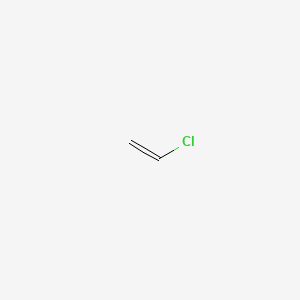Vinyl Chloride Exposure Hepatic

There is inadequate ascertainment of unequivocal diagnoses.
Vinyl chloride exposure hepatic. Breathing high levels of vinyl chloride for short periods of time can cause dizziness sleepiness unconsciousness and at extremely high levels can cause death. In 1974 vinyl chloride vc was first reported in the open scientific literature to induce angiosarcoma of the liver both in humans and in animals. Exposure to vinyl chloride occurs mainly in the workplace. 1 3 butadiene ethylene oxide and vinyl halides vinyl fluoride vinyl chloride and vinyl bromide.
In the very first study about the dangers of vinyl chloride published by patty in 1930 it was disclosed that exposure of test animals to just a single short term high dose of vinyl chloride caused liver damage. Exposure to vinyl chloride via inhalation as vinyl chloride exposure has been shown to increase the risk of a rare form of liver cancer in humans. Epa has classified vinyl chloride as a group a human carcinogen. Portal hypertension liver fibrosis and angiosarcoma of the liver asl have been reported among workers exposed to vinyl chloride monomer vcm since the 1970s.
It also has other toxic effects on the liver and it has recently been suggested that exposure to vinyl chloride also causes hepatocellular carcinoma. Meta analysis of studies of occupational exposure to vinyl chloride in relation to cancer mortality. However the data on which this conclusion is based is incomplete. Breathing vinyl chloride for long periods of time can result in permanent liver damage immune reactions nerve damage and liver cancer.
Vinyl chloride exposure is associated with an increased risk of a rare form of liver cancer hepatic angiosarcoma as well as brain and lung cancers. Vinyl chloride monomer is a known cause of angiosarcoma of the liver. Equally disturbing is the fact that pvc manufacturing plants are disproportionately located in low income neighborhoods and communities of color making exposure to this toxic chemical not only an issue of health and the environment but also. The target organs for vc now clearly in.
Workplace exposure to vinyl chloride is also known to cause cancers and other types of liver disease. The main sources of information for this fact sheet are the agency for toxic substances and disease. Additional research has now demonstrated the carcinogenicity of vc to other organs and at lower concentrations. It was not possible to apply a best evidence approach to the study of liver cancer and consequently it is not possible to distinguish between hepatic angiosarcoma and hepatocellular carcinoma.
Which cancers are associated with exposure to vinyl chloride. In 2007 the international agency for research on cancer established the association of vcm with hepatocellular carcinoma hcc though o. Iarc monographs on the evaluation of carcinogenic risks to humans vol 97. In 1949 a russian publication discussed the finding that vinyl chloride caused liver injury among workers.
































